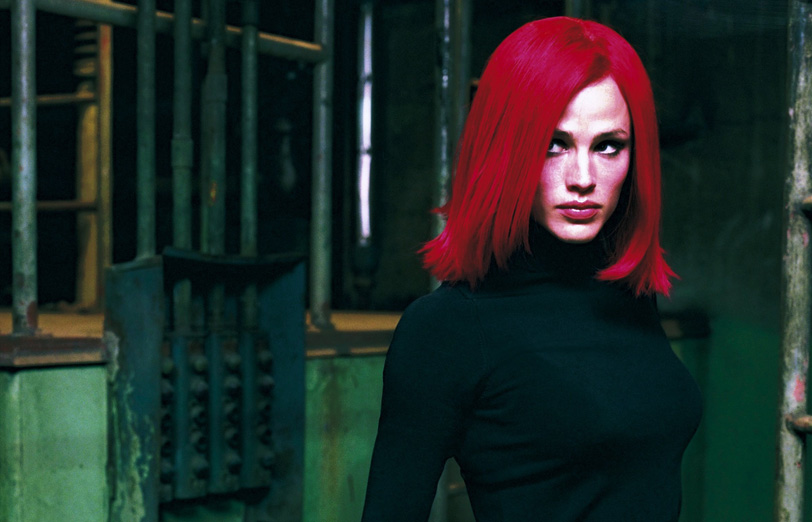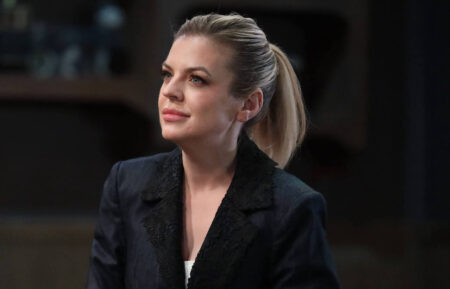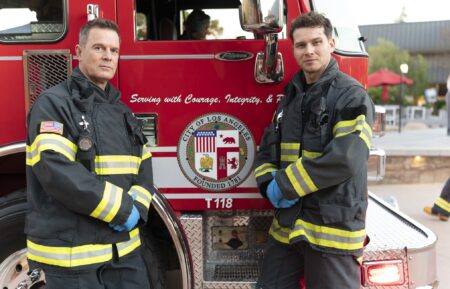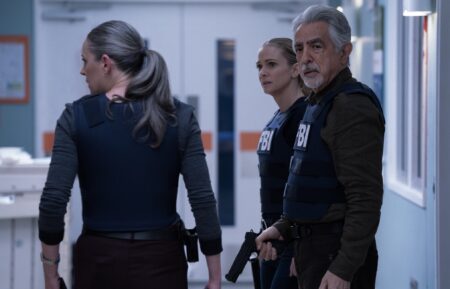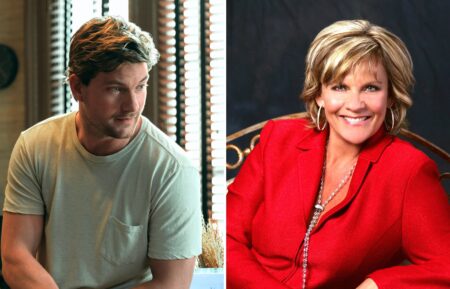Showrunner Defined at ATX: How These On-Set Leaders Balance the Relationships With Their Actors
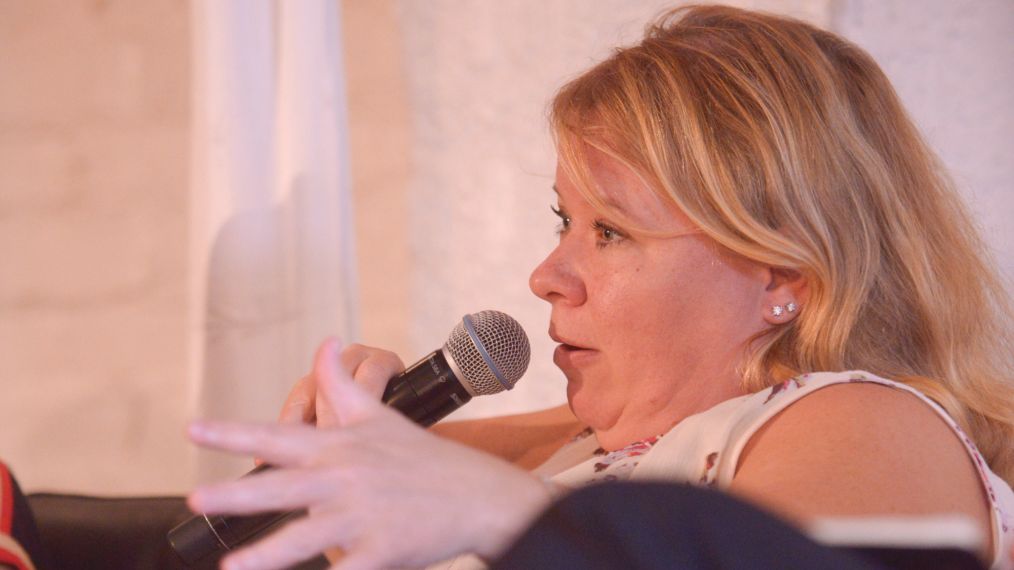
When it comes to being a showrunner, no two jobs are exactly the same, but all are faced with keeping their show afloat amidst deadlines, often complicated productions, network/studio notes, and the delicate relationships with the talent on- and off-screen.
At the ATX Television Festival, The Vampire Diaries/The Originals‘ Julie Plec moderated a conversation with fellow showrunners Greg Garcia (My Name Is Earl/Raising Hope/the upcoming The Guest Book), Tracey Wigfield (Great News), Danielle Sanchez-Witzel (The Carmichael Show), Bob Daily (Superior Donuts), and Javier Grillo-Marxuach (The Middleman) about the highs and lows of the job.
The topic of conversation became most interested when Plec asked the panelists about their relationship with their shows’ actors and how they deal with things like improvisation. Here is what they had to say:
Daily: “I worked on the last two seasons of Desperate Housewives…in my first month, I had an actress come to me and say the other actress refused to look at her in the eye while she was doing her scenes. I had to go yell at her. That made me realize the importance very early on of establishing a relationship with cast. You want them to feel heard, you want them to feel good. Establishing a collaborative relationship with the cast is, after the writing, the most important thing you do as a showrunner.”
Sanchez-Witzel: “[The Carmichael Show] is a situation where [Jerrod Carmichael] is a star/co-creator. I think you could do 12 panels on that. I think comedy, especially, but all of TV is collaborative. And if you are not willing to work in a collaborative environment, TV is going to be very difficult for you. You have to figure out how to find the common ground of every situation, especially in my case when the guy who is going to be in front of the camera is in the [writers’] room…we could have a perfect script, but if the actors aren’t [fully into it], then you’re not getting the best. That balance can be so delicate that you could actually be hurting your show. Actors are sensitive; they are different creatures than writers. It’s a whole different ballgame, and you can push too hard and accidentally make it bad. I think it is a really tough balance, and it’s really important to get that right.”
Garcia: “Actors have it tough, too, because they’re out there. You can write a show and if it doesn’t work, you can sneak around to the next one; but it’s their face. I think it’s important to gain trust early on in that relationship. My new show, The Guest Book, ninety percent of it every week is a different cast every week with a different story. You’re kind of under the gun very quickly, because we only have a few days with these people. I try and get that trust right off the bat; you want to establish the relationship as soon as you can. I’m very aware of it.”
Grillo-Marxuach: “[The actors] have a freedom, and it is your job to bring these people to life. You get to figure out how they walk, how they talk, all that. But lines are sacred. My door is open. If there is a problem with a line, you can call me any time up until the day of shooting. And that boundary stuck. The thing I hate about improv is some people are good at it, some people aren’t. If you encourage the people who are good at it, the next person who’s going to want to is going to be the worst at it. I think with the actors…it’s about setting a boundary. It’s a boundary where you say this is a line that separates your job and my job. You do your part of the job and I’ll do my part of the job.”
Wigfield: “I came from two different shows with different philosophies before creating Great News. On 30 Rock, it was word perfect. And even though Tina [Fey] and Alec [Baldwin] were amazing improvisers, no one improvised, because they really trusted the writing so much. And then I was co-EP on The Mindy Project and that was a lot more loose. I will say, the thing is, about comedy…the most craftily written joke could blow a scene; Mindy putting her foot in the toilet may be funnier. On our show, we don’t improvise, but we’ll always do a pass where if John Michael Higgins goes, ‘I have one, I have one!’ It’s like, let him do the thing he has.”


